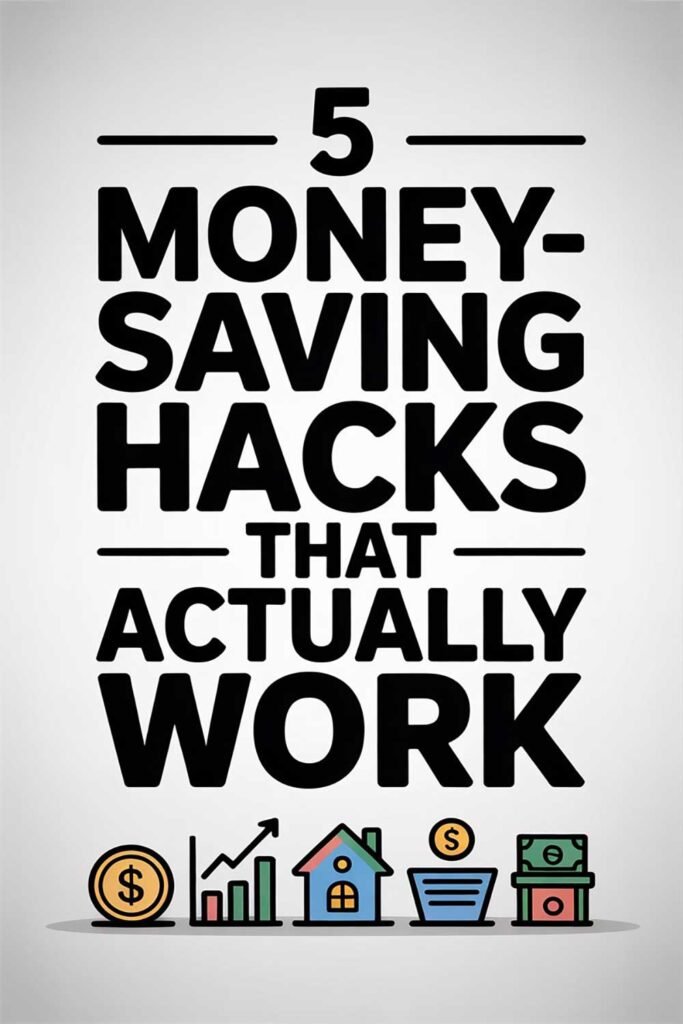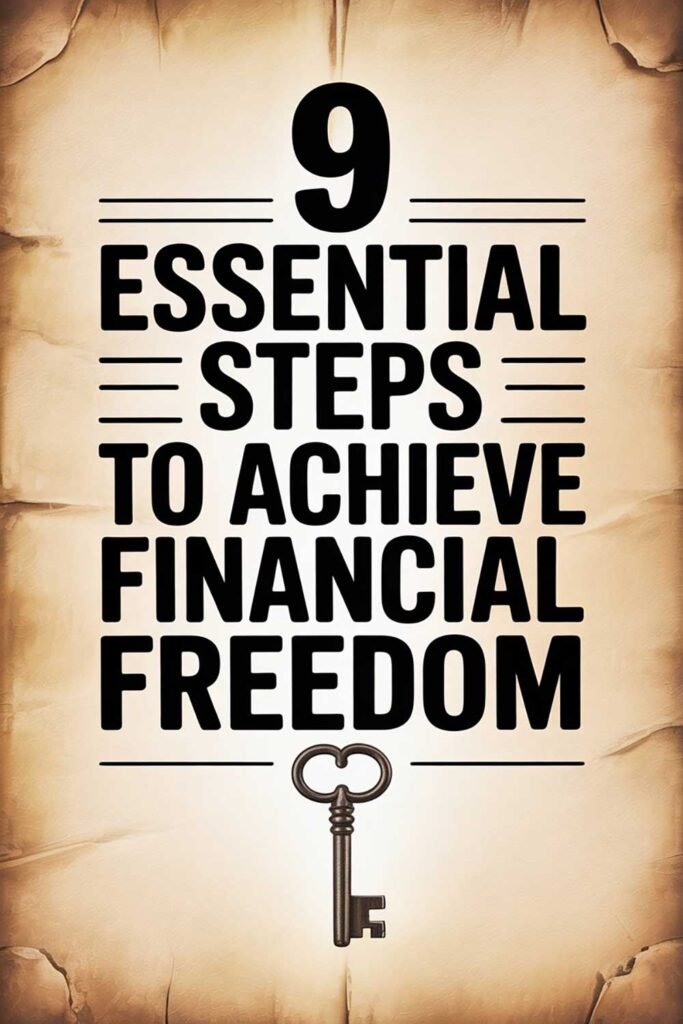9 Things You Should Know Before Buying a Car
Buying a car is one of the biggest financial decisions you’ll make. Whether it’s your first car or an upgrade, knowing what to expect can help you avoid common pitfalls, save money, and get the best value for your hard-earned cash. With dealerships, financing options, insurance, and maintenance to consider, the process can feel overwhelming—but it doesn’t have to be.

Here are 9 essential things you should know before buying a car, along with real-life examples and smart tips to help you make a confident and informed decision.
1. Know Your Budget (And Stick to It)
The sticker price isn’t the only cost. You must consider taxes, registration, insurance, maintenance, and fuel.
Example:
Tony had a $20,000 budget but ended up buying a $24,000 car after adding optional upgrades. He struggled with monthly payments and unexpected fees.
Tip: Use the 20/4/10 rule: 20% down payment, a 4-year loan max, and total car expenses no more than 10% of your monthly income.
2. Decide Between New vs. Used
New cars offer warranties and the latest features, while used cars can save you thousands on depreciation.
Example:
Kelly bought a 2-year-old certified pre-owned car with 20,000 miles. She saved $7,000 compared to buying new and got nearly identical features.
Tip: Always compare total cost of ownership—not just the upfront price.
3. Check the Vehicle History Report (for Used Cars)
Never buy a used car without checking its accident history, title status, and service records.
Example:
Daniel skipped the Carfax report on a used SUV. Two months later, he discovered it had flood damage that voided the warranty.
Tip: Use Carfax or AutoCheck to get the full picture before purchasing.
4. Get Pre-Approved for a Loan Before Visiting the Dealership
Dealership financing can include markups. Pre-approval gives you bargaining power and helps avoid upselling.
Example:
Maria got a 4.2% APR loan from her credit union before shopping. The dealership offered 6.9%. She used her pre-approval to negotiate a better rate.
Tip: Compare rates from banks, credit unions, and online lenders.
5. Research Resale Value and Reliability
Not all cars hold their value equally. Some depreciate faster or have more repair issues.
Example:
Josh bought a luxury sedan that dropped $8,000 in value after the first year. When it started having electrical issues, repairs were costly.
Tip: Use Kelley Blue Book and Consumer Reports to check resale value and reliability ratings.
6. Understand the True Cost of Ownership
Factor in insurance, fuel economy, maintenance, registration, and taxes.
Example:
Rita bought a used BMW for $13,000 but didn’t realize annual maintenance averaged $1,500. Her budget took a serious hit.
Tip: Use Edmunds or NerdWallet calculators to estimate total costs over five years.
7. Test Drive Like You Own It
Don’t rush. Drive in traffic, on the highway, and in tight spots. Check comfort, visibility, acceleration, and braking.
Example:
Liam loved the look of a sports coupe. But during the test drive, he realized it had poor rear visibility and uncomfortable seats.
Tip: Bring a checklist and test every feature—from backup cameras to Bluetooth.
8. Don’t Skip the Inspection (for Used Cars)
Always have a trusted mechanic inspect the car before buying, even from a dealer.
Example:
Amanda’s mechanic found a $1,200 suspension issue during a pre-purchase inspection. She negotiated the price down accordingly.
Tip: A $100 inspection can save you thousands.
9. Be Prepared to Walk Away
High-pressure tactics? Hidden fees? Walk away. The right car and deal are out there.
Example:
Brent walked out of a dealership when they added a $900 “document fee” without disclosing it. He found the same car elsewhere, $1,200 cheaper.
Tip: You have the power. Never rush into a decision.
🌟 20 Quotes About Smart Buying and Financial Wisdom
- “The bitterness of poor quality remains long after the sweetness of low price is forgotten.” – Benjamin Franklin
- “Do not save what is left after spending, but spend what is left after saving.” – Warren Buffett
- “A car is not a status symbol. It’s a tool to get from point A to point B.” – Dave Ramsey
- “Buy only what you need, not what you want.” – Unknown
- “Price is what you pay. Value is what you get.” – Warren Buffett
- “Always shop with your brain, not your emotions.” – Unknown
- “It’s not about having more. It’s about making smarter choices.” – Unknown
- “The road to wealth is paved with good decisions.” – Unknown
- “A fool and his money are soon parted.” – Thomas Tusser
- “Wealth is the ability to fully experience life.” – Henry David Thoreau
- “Frugality includes all the other virtues.” – Cicero
- “Cars lose value the moment you drive off the lot. Choose wisely.” – Unknown
- “The most expensive car is the one you can’t afford.” – Unknown
- “Better to walk than to ride in debt.” – Unknown
- “It’s not the deal of a lifetime if it wrecks your budget.” – Unknown
- “Before buying, understand the total cost, not just the ticket price.” – Unknown
- “Financial peace isn’t having a flashy car—it’s not worrying about money.” – Dave Ramsey
- “Being smart with money means knowing when to say no.” – Unknown
- “You can’t drive your way to financial freedom.” – Unknown
- “Ownership is responsibility. Buy what you can maintain.” – Unknown
📸 Picture This
Imagine driving off the lot in a car that fits your lifestyle, your budget, and your future. You’re confident, not anxious. You negotiated well, avoided hidden fees, and stuck to your plan. You didn’t fall for flashy upgrades—you made a smart, informed decision. The road ahead is smooth because your finances are stable and your choice was intentional.
So ask yourself:
What kind of car—and peace of mind—could you afford if you planned it right?
📣 Please Share This Article
Know someone thinking about buying a car soon? Share this article with them! Help others avoid mistakes and drive away with confidence.
⚠️ Disclaimer
This article is for informational purposes only and reflects personal experiences and general guidance. It is not legal or financial advice. Always conduct your own research or consult a professional before making a major purchase. Results and experiences may vary.






